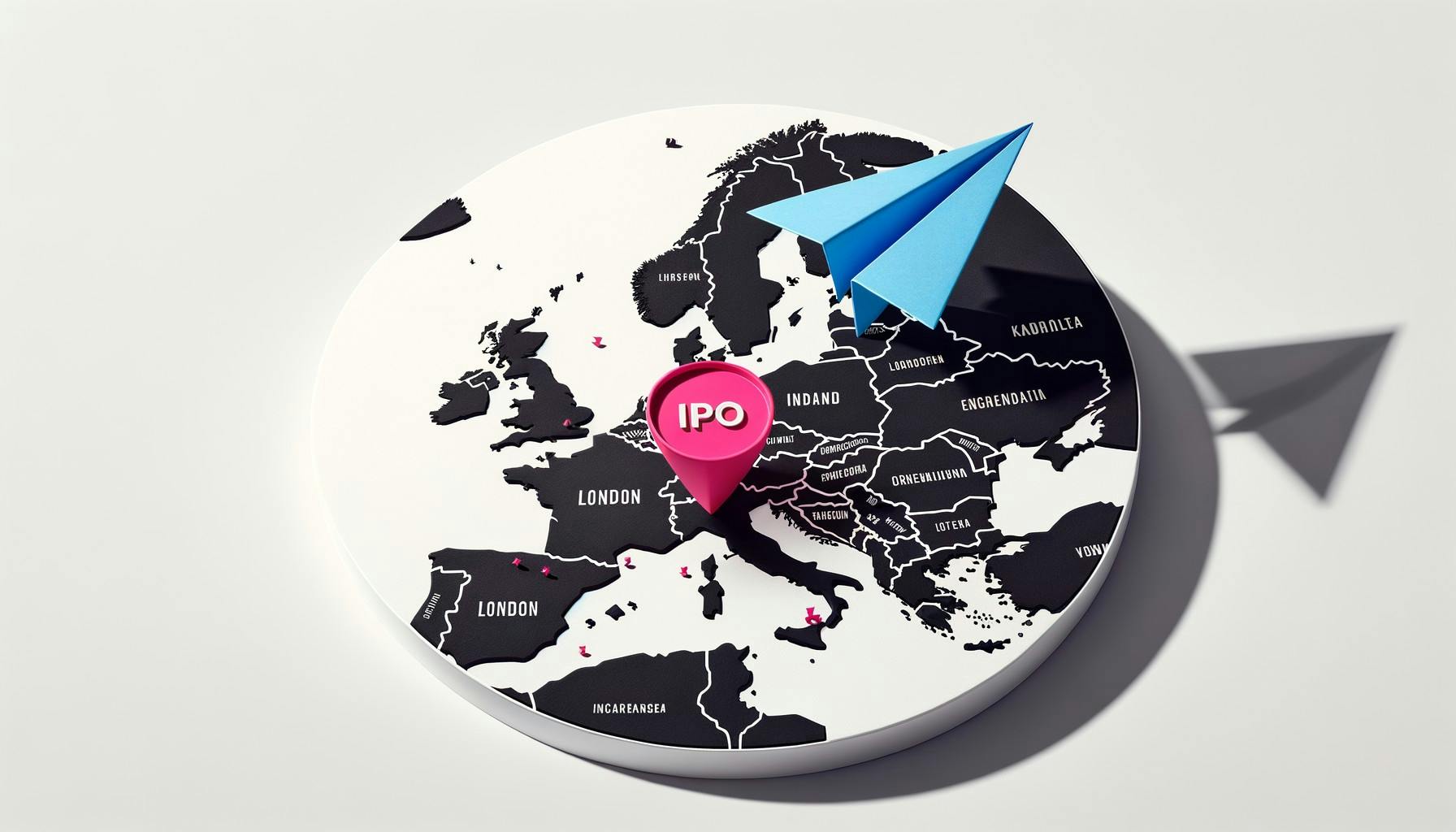Online gambling regulations in Germany

Germany, which is Europe’s largest economy, has been known for its strict approach to gambling regulation for a long time. However, with online gambling platforms on the rise, the country has seen increased pressure to modernise its laws so it can keep up with the technological developments of this space and market demand.
That’s why we’ll be exploring how Germany has adapted to developments in the region’s online gambling scene. Also, we’ll list the key features of the new regulations that are in place and what challenges still remain below.
Germany’s adaptation to new developments in online gambling
Germany has gone through several big shifts regarding its approach to online gambling regulations recently. These shifts have come gradually though and still entail complex controls that limit how players can gamble online.
The first way in which Germany did this was by introducing the Interstate Treaty on Gambling (Glücksspielstaatsvertrag) in 2008. What this treaty came with was a near-total ban on online poker and casinos and the implementation of a few exceptions for sports betting.
This restrictive approach led many German players to wager at international offshore casinos online. Beyond being licensed internationally, these online casino sites are also known for their various benefits like instant withdrawals and large game selections including variations of slots, blackjack, and poker, to name a few.
Germany’s restrictive approach drew a lot of scrutiny, and the EU argued that it wasn’t in alignment with European legislation as it limited fair competition among member states. Germany then responded by introducing the Fourth Interstate Treaty on Gambling (Glücksspielneuregulierungstaatsvertrag) in 2021.
Key features of the 2021 interstate treaty on gambling
What the Fourth Interstate Treaty on Gambling brought was a freer gambling market that still imposed numerous restrictions. So, while some things changed the overall framework still remained very rigid. For many, this was not surprising, considering that Germany is known to have pretty strict laws in the gambling sector, and some other industries.
One new restriction that came with the changes in 2021 required operators that offer online casino games or poker to apply for a German license.
Another notable restriction was the €1,000 monthly deposit limit for each player. This limit, even though it came from a good place, still limited players with the means and preference to make bigger bets from fully enjoying their favourite casino games like roulette and baccarat on locally licensed platforms.
Additionally, the treaty mandated that all online casino platforms place a five-second cooldown period between spins in slot games. The aim behind this was to slow down the pace of these games to reduce the chances of players experiencing rapid losses.
The treaty also came with advertising restrictions. This meant that operators were only allowed to advertise their services during specific hours of the day between 9:00 PM and 6:00 AM.
Challenges and criticisms of the new framework
Even though Germany made a lot of progress with the 2021 Interstate Treaty on Gambling, there were still many people who criticised the country’s regulatory framework. The biggest point of contention mainly has been that Germany taxes online gambling operators heavily as they have to pay 5.3% of the money players stake.
Some operators have argued that this rate is excessively burdensome when compared to other EU countries that have more favourable tax regimes. There has also been much debate about the strict restrictions that have been imposed on online casino gameplay, as operators say that they make the German market less competitive when compared to its European counterparts.
German licensed operators have claimed that these restrictions, like five-second cooldowns, have contributed to some players seeking out offshore platforms which are more flexible. Because of this, they’ve also argued that this approach undermines the very purpose of the new regulatory framework, as it still drives players to bet on platforms outside the country’s jurisdiction.
Sponsored
Related
European Safer Gambling Week: Driving Positive Change
The European Safer Gambling Week serves as a critical moment for the gambling industry to collectively emphasise the importance of responsib
The Best EU Casinos for 2024
There are dozens of offshore EU casinos on the market. Sorting through all these takes both time and effort, but we’re here to save you the hard work. I
Great Britain lags behind Europe on restricting gambling marketing, new…
Published research into gambling marketing 2014-2024. Credit: Drivers of Gambling Marketin
UK Trails Europe in Gambling Ad Restrictions: Study
A new study, by the University of Bristol and Ipsos, adds to mounting evidence showing gambling marketing needs much stricter national regulation.The report, co













